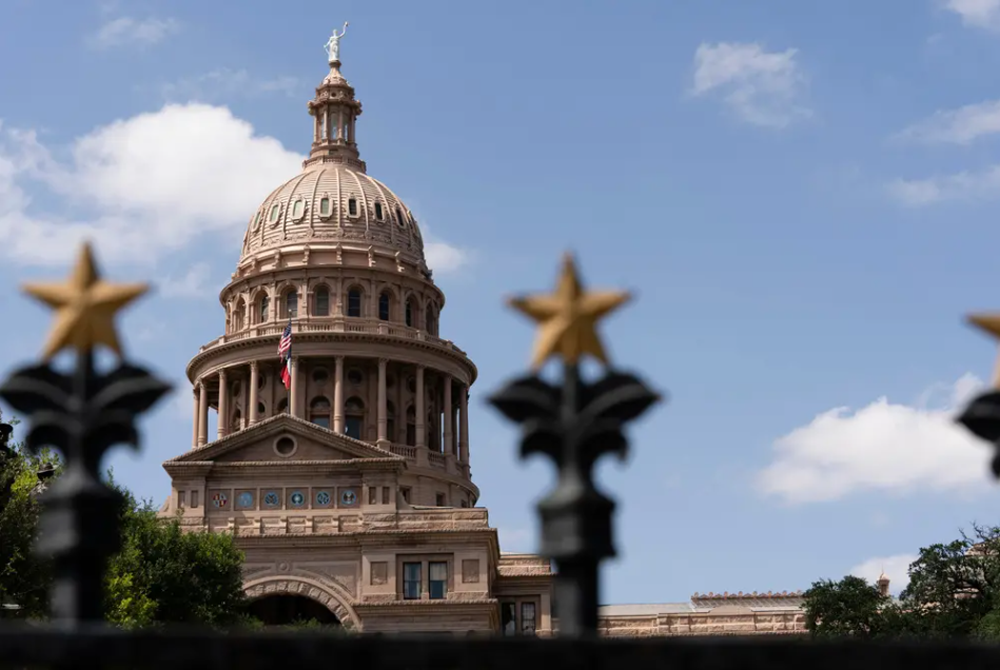
Third special session to begin Sept. 20 with five legislative priorities
By Bethany Blankley | The Center Square
Gov. Greg Abbott has called a third special legislative session to convene Sept. 20 with five priorities for the legislature to address.
Each special session is 30 days, and the governor can call sessions consecutively for as many months per his discretion, according to the state constitution.
Notably, this session the legislature will begin redrawing congressional maps to accommodate an additional two seats Texas will receive due to its increased population. Hearings began this week to start the process ahead of the special session.
“The Texas Legislature now has the opportunity to redraw legislative and congressional districts in accordance with the new census numbers,” Abbott said in a statement. “In addition to redistricting, there are still issues remaining that are critical to building a stronger and brighter future for all Texans.”
Redistricting involves the legislature passing bills to divide Texas into districts used to elect members of the Texas House of Representatives, the Texas Senate, the State Board of Education, and the U.S. House of Representatives.
Among the other agenda items are two that didn’t pass during the second special session. They include the legislature providing input on how Texas will spend billions of dollars in federal money it received through the American Rescue Plan Act of 2021. The funding will go toward health care, nursing homes, vaccine administration, education, and many COVID-related programs.
Another measure that didn’t make it through previous sessions was SB29, which relates to prohibiting students from competing in University Interscholastic League athletic competitions designated for the sex opposite to the student’s sex at birth.
Lt. Gov. Dan Patrick, who leads the Senate, asked for the bill to be included in the special session. The bill failed in the House after Speaker Dade Phelan, R-Beaumont, appointed a Democrat who opposes the bill to chair the committee overseeing it. Rep. Harold Dutton, D-Houston, chair of the Public Education Committee, prohibited the bill from making it out of committee.
“We still have unfinished business to complete on the Fair Sports for Women and Girls Act,” Patrick said. “The Senate has passed that bill four times, and it has failed in the House.” Prior to Labor Day weekend, Patrick asked the governor to add the bill to the special session, saying then, “we will pass it again.”
Last month, in the wake of the controversy surrounding vaccine mandates, the governor said he would add the issue to the special session agenda, saying vaccination requirements have traditionally been decided by the legislature.
On August 25, Abbott issued an executive order maintaining the current policy prohibiting the mandating of any COVID-19 vaccinations by any government entity in Texas. He also said the legislature should determine whether any state or local governmental entities could mandate individuals to receive a COVID-19 vaccine and, if so, what exemptions should apply.
“Vaccine requirements and exemptions have historically been determined by the legislature, and their involvement is particularly important to avoid a patchwork of vaccine mandates across Texas,” he said.
The final legislative item on the list is similar to SB 474, which passed the regular legislative session but was vetoed by Abbott. It concerns the unlawful restraint of a dog.
Notably absent from the third special session agenda is a legislative priority Abbott added to the second session: passing legislation to reform quorum requirements so that no future legislature could be hijacked by politicians who break quorum.
Former state legislator and Dallas businessman Don Huffines, who is running against Abbott in next year’s gubernatorial primary, said after a 140-day regular session and two 30-day special sessions that the legislature still failed to pass several conservative reforms voters elected them to pass.
He’s called on the legislature to address 20 issues, including providing substantial property tax relief, reforming the Texas Disaster Act of 1975, ending corporate welfare and taxpayer-funded lobbying, imposing term limits, passing quorum reform legislation, building a physical wall along the entire Texas border with Mexico, among others.






